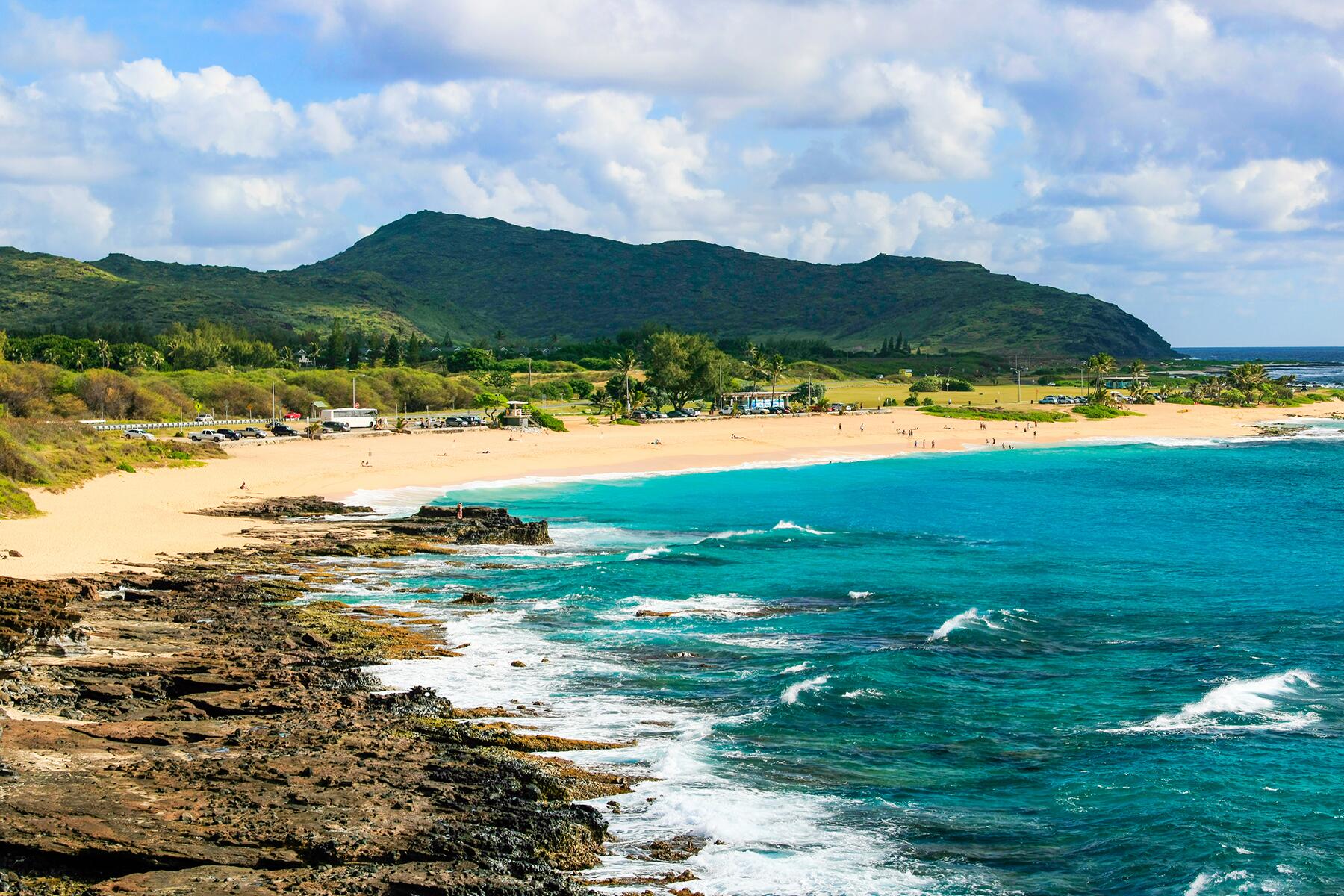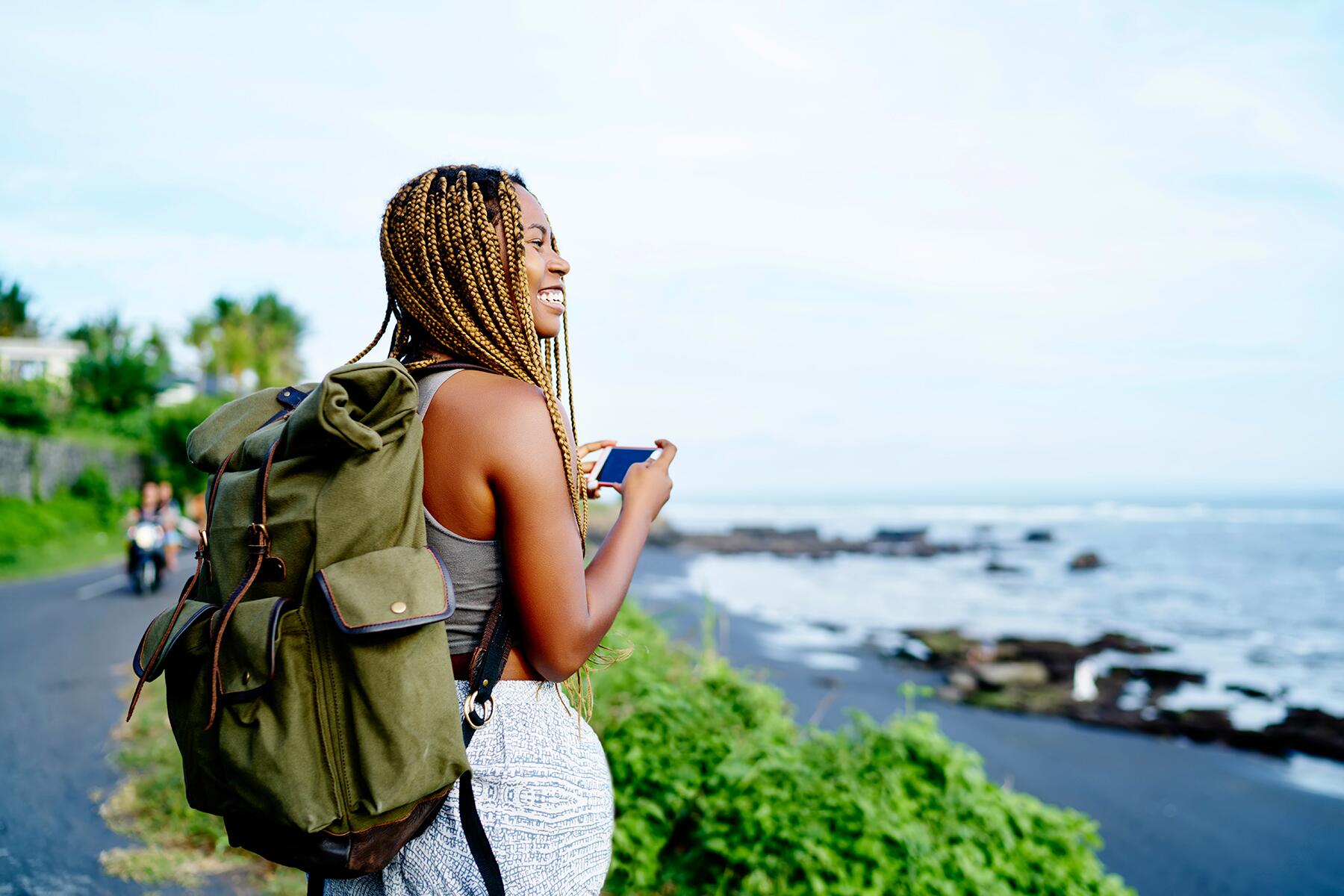As the travel industry evolves and diversifies, so does its approach to Black travelers and their needs.
Vacation is the ultimate reward for Americans. We tend to work longer hours and take fewer breaks than other nations, making those brief beach respites and quick winter getaways all the more precious. But taking a vacation doesn’t always mean leaving your problems behind. For Black travelers, racism and oppression faced at home can sometimes follow you abroad. Even in my travels, I’ve been mistaken for hotel staff and berated for not bringing towels to a neighboring room in a timely fashion, per their request. My bathing suit and wristband identifying me as a fellow guest of the all-inclusive resort were lost on my holiday neighbor, to whom seeing a Black person meant “the help.” These kinds of bliss-interrupting, reality-checking events are not unique to my own travel experiences, which is why many Black travelers are now choosing to embark on group adventures that curate experiences and accommodations to their tastes.
The Realities of Traveling as a Black Traveler
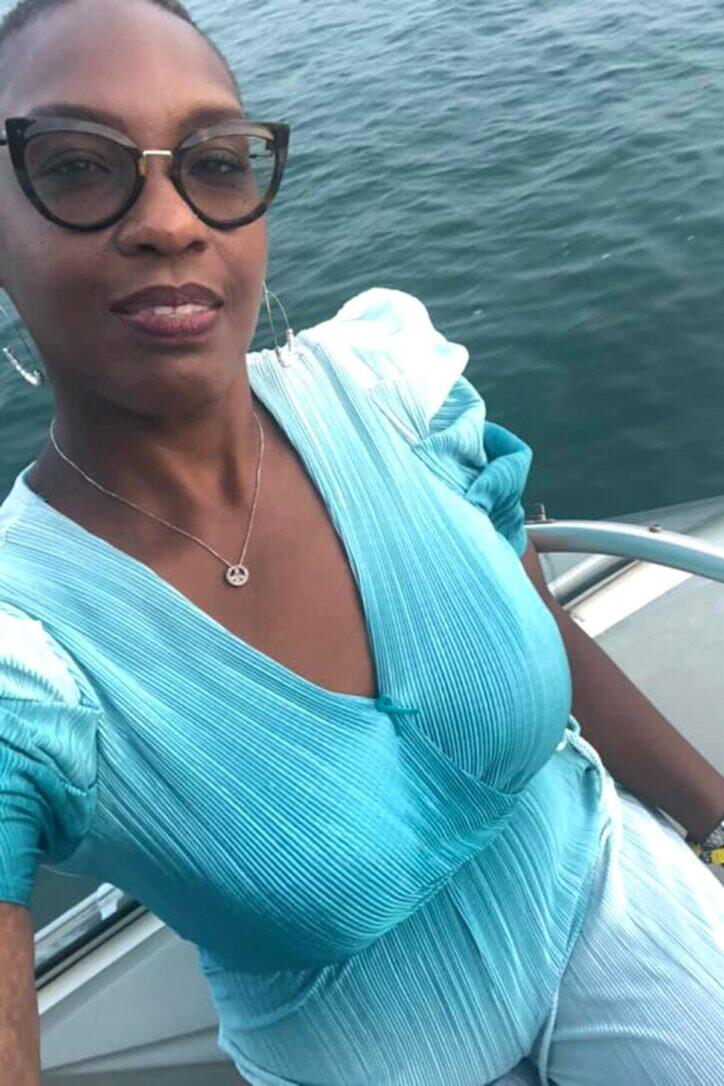
Kalimah Johnson of Detroit crisscrosses the country a few times each year for work, but she tells Fodor’s Travel that immersive adventures with historical significance top her leisure travel lists.
Recommended Fodor’s Video
“I enjoy traveling because I want to see and live and experience the cultural nuances of spaces,” explains Johnson. “It doesn’t matter what the races of the people are, but particularly, I’m interested in culture and travel in Black spaces.”
Whether she’s walking down a jet bridge for her employer or a few days on vacation, Johnson says she’s especially interested in places that have been “re-spacialized,” meaning spaces that were once restricted from Black people but are now open to them.
Historically, Black people relied on word-of-mouth to promote safe and interesting spaces. In the 1930s, the Negro Motorist Green Book went into publication, revolutionizing Black travel in the States. The book—which served as an early travel guide and was printed annually until the mid-1960s—was designed to warn Black travelers about unfriendly and potentially dangerous stops along American highways while promoting businesses that welcomed Black travelers.

Today, the Green Book has been reimagined for the modern traveler, thanks to Lawrence Phillips, founder, and CEO of Green Book Global, a digital hub that allows Black travelers to rate cities’ history, affordability, comfort for Black travelers, and more.
“I noticed two things when I was traveling,” explains Phillips, who quit his corporate job and subsequently traveled to more than 30 countries and each of the seven continents. “There was no central platform to help me decide what to do, where to eat, and where to party. Being a Black traveler, I was nervous about going to certain destinations and not knowing what to expect.”
For example, some Asian countries are so homogeneous that Black travelers may find themselves examined like museum exhibits, complete with strangers stopping to touch their hair or snap photos without permission. While these interactions may have been awkward in pre-pandemic times, thanks to COVID, this invasion of personal space can be dangerous to one’s health. Current travel circumstances don’t make interactions like these any easier—or safer. It’s why adventurer Jareema Donaldson—who hasn’t experienced much overt racism in her travels—embraces cultural excursions both in the US and abroad.
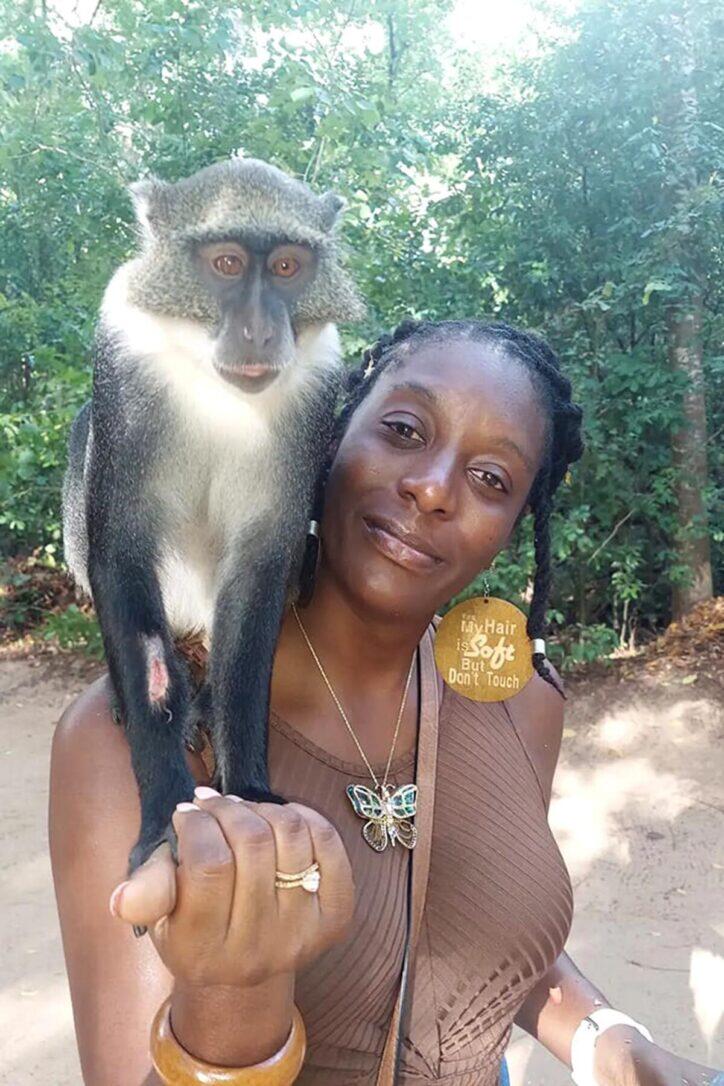
“I just got back from Kenya, and it was amazing and mind-blowing. You just wanted to be in the moment,” recalls Donaldson. “I love to explore culture, nature, and the hidden treasures of different towns, cities, and countries. I just like to explore, learn a little about history, [and] try different foods.” For Donaldson, who works as a US military service member, the most racism she experienced while on a leisure trip was at a central Louisiana plantation she visited when she was stationed in the area.
Making Luxury Travel More Inclusive
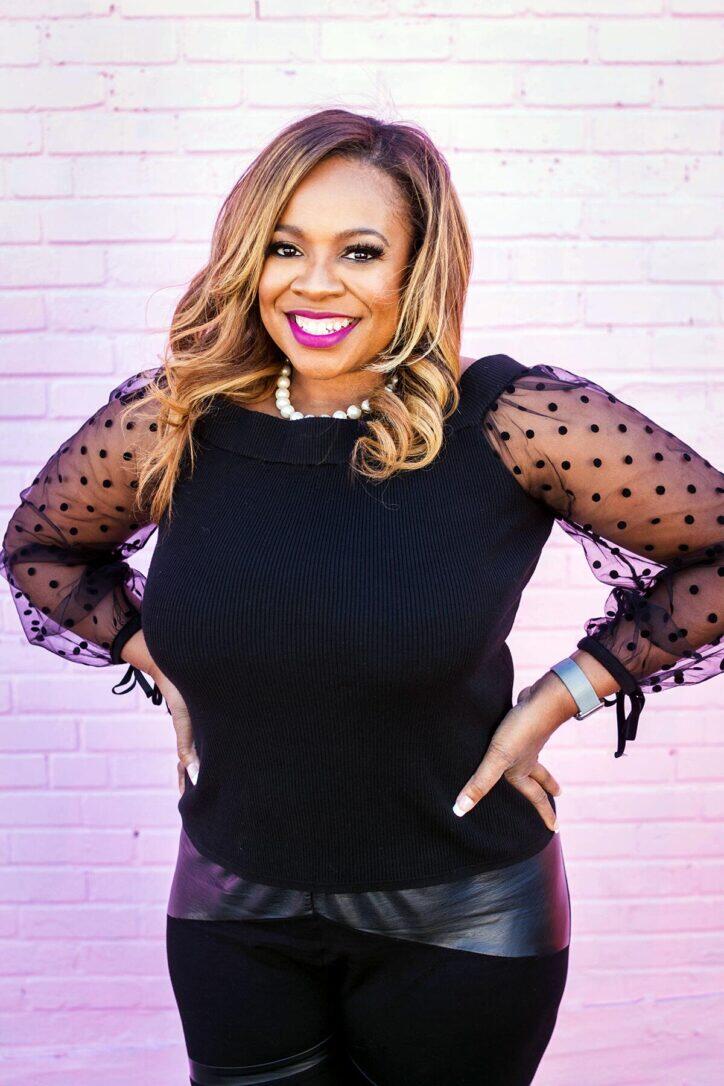
Despite the images many of us see in digital media and TV ads, Black people love luxury travel, too. Like jet-setters of other races and ethnicities, many Black people have the time and disposable income to indulge in the finer things in life. Still, no one was marketing to this demographic or its nearly $130 billion spending power before Claire B. Soares founded Up in the Air Life.
“The number one reason for Black people to travel abroad, in my opinion, is so they can go somewhere where they’re not necessarily feeling oppressed,” Soares explained while noting that she doesn’t believe that all Black people have the same experiences with racism. “There’s just so much worrying being in the US, but if you go abroad…people are looking at you as an American, not as someone Black. You don’t have to struggle.”
According to the Black Travel Alliance (BTA) and MMGY Global, 54% of Black travelers say they are more likely to visit a destination if they see Black representation in travel advertising.
“America’s history of slavery followed by repressive Jim Crow laws, segregation, institutional racism, and continuing police brutality have made US Black travelers cautious,” adds BTA Research Committee Chair, Ursula Petula Barzey. “It’s why modern-day online communities where Black travelers gather are so important. We have an increasing desire for leisure travel and love it when destinations actively market to us but want to make sure that the experience will be a positive one.”
Travelers are also taking notice of the added efforts, sharing their experiences on platforms like Phillips’ Green Book Global and various social media platforms. One Facebook group dedicated to Black travel and networking grew from just 200 members to more than 30,000 in 2021, and the industry is paying attention. More resorts and tourism activities are being marketed to diverse audiences. Staff are trained to expect guests from all walks of life and treat everyone equally.
“Proper and professional customer service is part of our philosophy, and we go to great lengths to convey that philosophy to our employees,” reveal sources from Riu Hotels & Resorts, an international group of all-inclusive hotels. “This philosophy is based on a professional service but always with a friendly and close treatment, in which smiles are always the protagonists.”
